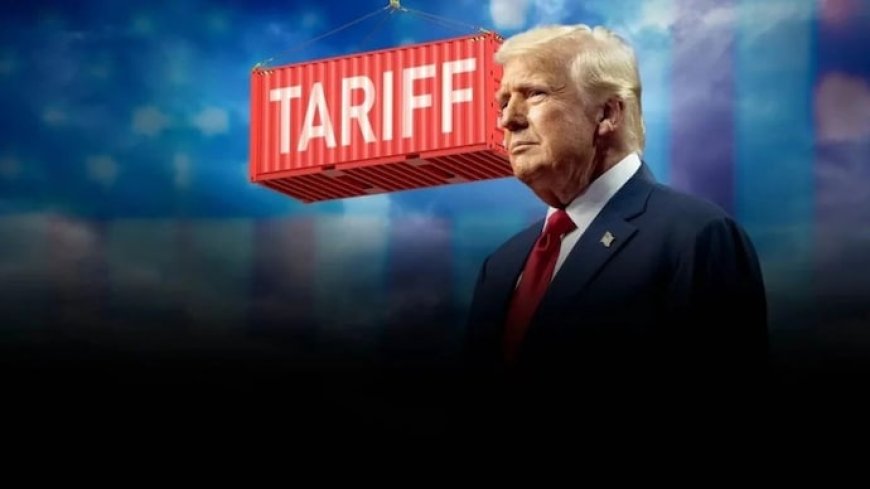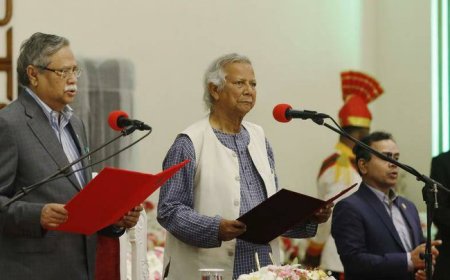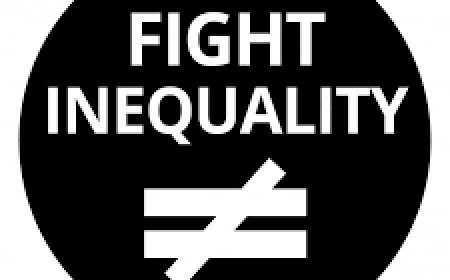Trump’s tariff jolt: A reality check for Bangladesh’s export strategy
Trump’s tariff jolt: A reality check for Bangladesh’s export strategy

Trump’s Tariff Shock Exposes Fragility in Bangladesh’s Export Strategy
The imposition of a 37 percent retaliatory tariff by U.S. President Donald Trump on select Bangladeshi exports has sent tremors through the country’s export-reliant economy—especially the ready-made garment (RMG) industry, which serves as the cornerstone of Bangladesh’s global trade. Months of high-level dialogue and diplomatic effort have yielded only a slight concession: a reduction of the tariff from 37 to 35 percent. While technically a win, the cut offers little real relief to exporters now facing mounting uncertainty and eroded competitiveness in the critical U.S. market.
Data from the National Board of Revenue reveals that over 800 Bangladeshi companies send more than half their exports to the United States. Many of them are heavily, if not entirely, dependent on American buyers. These firms now face a serious threat to their business models as the revised tariff is set to take effect on August 1. Chattogram-based Fortune Apparels, for example, exported over $33 million in garments exclusively to the U.S. in the last fiscal year. Now, clients like Walmart are rethinking sourcing strategies, increasingly favoring countries like Vietnam, which has secured a more favorable 20 percent tariff rate.
In total, the U.S. accounted for roughly 58 percent of the export earnings of these high-exposure firms, amounting to more than $5 billion last fiscal year. This overreliance on a single market has revealed a deep structural vulnerability in the country's trade strategy—one that is now being exploited by external policy shifts.
Despite nearly three months of negotiations—including a direct appeal from Bangladesh’s Chief Adviser to the U.S. President—the final result feels inadequate. The two percentage point reduction does little to close the competitive gap with countries like Vietnam. Making matters worse is the lack of transparency surrounding the talks. Key questions remain unanswered: What did the U.S. demand? What were Bangladesh’s counterproposals? What terms were outlined in the draft framework agreement? The silence has sparked criticism that a broader, more inclusive consultation process might have delivered a better outcome.
Officials have cited non-disclosure agreements as justification for withholding information. However, the scale and urgency of the situation demanded a more strategic approach. A diversified negotiation team—featuring trade experts, legal analysts, business leaders, and seasoned diplomats—could have strengthened Bangladesh’s hand. Instead, the narrow and centralized process seems to have limited the country’s leverage.
If the 35 percent tariff comes into force as scheduled, many exporters may find themselves priced out of the U.S. market overnight. In the short term, this could mean canceled orders and shrinking revenues. Over time, global buyers may permanently shift their sourcing to more cost-effective regions, severing trade links that will be difficult to rebuild amid intensifying global competition.
Though the government has taken some responsive measures—such as targeted tax relief in the 2025–26 budget and discussions around non-tariff barriers like IP protection and investment rules—these steps, in isolation, are unlikely to be enough. The situation calls for a proactive, inclusive, and transparent trade strategy. Bangladesh must urgently recalibrate its approach to economic diplomacy.
Achieving tariff parity with competitors like Vietnam should be a top priority. If others can secure 20 percent rates, there’s little justification for Bangladesh to settle for nearly double. At the same time, the country must finally get serious about export diversification. Overdependence on a single market like the U.S. exposes the economy to outsized risk. Expanding trade relations with the EU, Canada, and emerging economies in Asia and Africa can help distribute that risk more evenly.
Equally important is institutional transparency. Keeping stakeholders informed throughout negotiation processes not only fosters trust but also enhances national preparedness in times of economic stress.
Bangladesh has weathered many economic storms before. But this challenge is different—it strikes at the heart of its most critical export sector. Handled correctly, this crisis could serve as a pivotal turning point—one that drives the nation toward a more resilient, diversified, and forward-looking trade strategy.
What's Your Reaction?






















































































